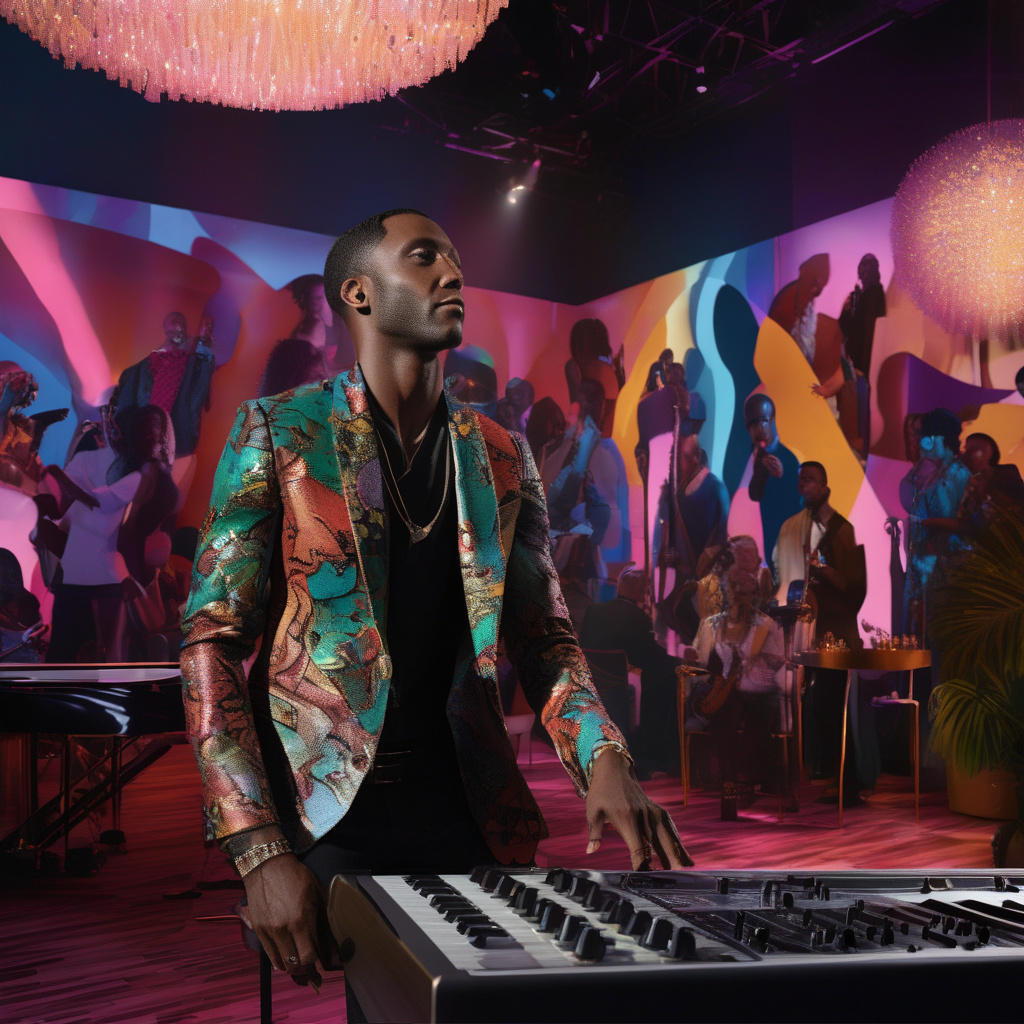Why Brands Are Tapping the ‘Cultural Capital’ of Musicians for Product Drops
In today’s competitive marketplace, brands are continuously seeking innovative strategies to reach new customers and enhance their visibility. One of the most impactful trends emerging in recent years is the collaboration between brands and musicians. This partnership is not just a fleeting trend; it represents a profound understanding of cultural capital and the influence that artists wield over their audiences.
Cultural capital refers to the intangible assets that provide individuals with social mobility in a stratified society. In the realm of marketing, musicians possess a unique form of cultural capital that brands are increasingly leveraging. As trusted influencers, artists can sway consumer behavior, making them ideal partners for product launches.
When brands align themselves with musicians, they tap into a reservoir of authenticity and credibility that is difficult to achieve through traditional advertising. For example, when Nike collaborated with rapper Travis Scott for a limited-edition sneaker release, the brand didn’t just sell shoes. It sold a lifestyle that resonated with Scott’s fanbase, who view him as a cultural icon. The result? A sell-out release that generated excitement and engagement far beyond a standard advertising campaign.
This collaboration is not limited to the music genre alone. Brands across various sectors—from fashion to technology—are finding ways to integrate musicians into their product development processes. In the fashion world, luxury brands like Balenciaga and Gucci have partnered with musicians to create exclusive clothing lines. These partnerships allow brands to tap into the artists’ fanbases, which can often number in the millions. The influence of these musicians can drive traffic to stores and websites, translating into increased sales.
The allure of musicians as brand partners lies in their ability to create a sense of community around products. For many fans, purchasing a product that is endorsed or co-created by their favorite artist feels like an extension of their identity. This connection fosters brand loyalty and encourages repeat purchases. Consider the collaboration between Billie Eilish and the fashion brand H&M. The collection not only showcased Eilish’s unique style but also aligned with her values of sustainability. This partnership attracted her fans, who are increasingly conscious of ethical consumption, demonstrating how cultural capital can resonate with a specific consumer ethos.
Furthermore, social media has amplified the impact of these partnerships. Platforms like Instagram, TikTok, and Twitter allow musicians to promote co-created products directly to their followers, creating a buzz that traditional marketing channels often struggle to achieve. The immediacy and intimacy of social media provide a platform for musicians to share their creative process, making fans feel like they are part of the journey. This sense of involvement can significantly enhance a brand’s reach and reputation.
However, brands must be strategic in their collaborations. Not every artist will align with a brand’s identity, and mismatched partnerships can lead to backlash. The key is to ensure that the collaboration feels authentic to both the artist and the brand. For example, when Kanye West partnered with Adidas to launch the Yeezy line, the collaboration felt organic. West’s artistic vision aligned perfectly with Adidas’ innovative approach to footwear. This authenticity is crucial for maintaining the trust of consumers, who are increasingly savvy and discerning about brand partnerships.
Another important factor is the exclusivity that often accompanies these product drops. Limited-edition items created in collaboration with musicians generate a sense of urgency among consumers. This scarcity, combined with the artist’s cultural capital, enhances the perceived value of the product. For instance, when rapper Lil Nas X collaborated with the brand MSCHF to launch the controversial “Satan Shoes,” the shoes sold out almost instantly. This phenomenon exemplifies how collaborations can create a cultural moment that transcends the product itself.
Moreover, as the music industry continues to evolve, artists are becoming more entrepreneurial, seeking partnerships that offer them not only financial rewards but also creative control. This shift in the music landscape means that brands must approach collaborations with a sense of mutual benefit. Musicians are not just endorsers; they are co-creators whose input can lead to innovative products that resonate with consumers.
In conclusion, tapping into the cultural capital of musicians is a savvy move for brands looking to connect with new audiences. As trusted influencers, musicians have the ability to sway consumer behavior and foster brand loyalty in ways that traditional advertising cannot. By partnering thoughtfully and authentically with artists, brands can create products that not only sell but also resonate deeply with consumers’ identities and values. As this trend continues to grow, we can expect to see more innovative collaborations that redefine the boundaries of marketing and product development.
culturalcapital, brandpartnerships, productdrops, marketingstrategies, influencerimpact
